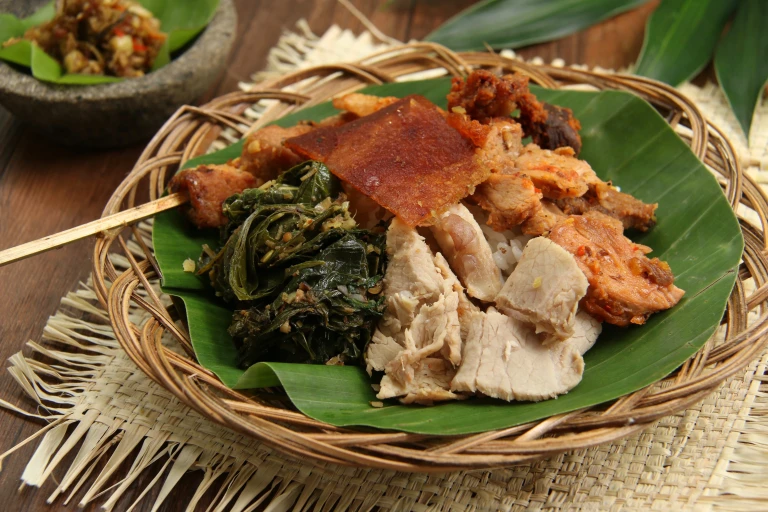Several farms in Bangli, a province in northeast Bali, as well as in the neighboring province of Karangasem, have experienced the deaths of pigs. The cause of the animals' deaths was infection with African swine fever.

The Balinese agricultural department reminded that in 2020, the disease had already affected local farms. Currently, the spread of swine disease is observed in several villages, and, of course, this will affect the well-being of pig farms.
In addition, pigs infected with the virus become depressed. They also experience high fever, vomiting, diarrhea, bleeding on the skin and internal organs, as well as red spots on the body. Infected individuals die within 5-7 days. At the moment, the virus has struck more than 50 animals. The virus spreads very quickly, and it will take a lot of effort to save the farming industry.
But there is good news: swine flu is not transmitted to humans and poses no threat to us. The real danger is only the increase in pork prices on the island, although at the moment they remain at the same level - from 35,000 to 38,000 rupiahs per kilogram. This is because pork supplies between the islands continue to run normally.
There may also be a shortage of pork if the efforts of the authorities to prevent the spread of the disease do not succeed. "Of course, biosecurity compliance is easy to achieve in large farms, but it's not easy for backyard farming," noted the agricultural department. So if you wanted to try babi guling, we advise you to hurry up.
You can add one right now!